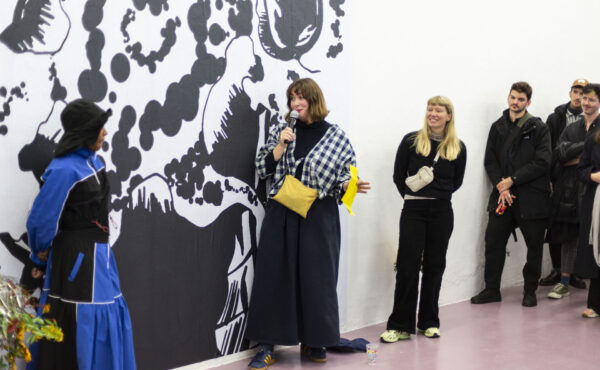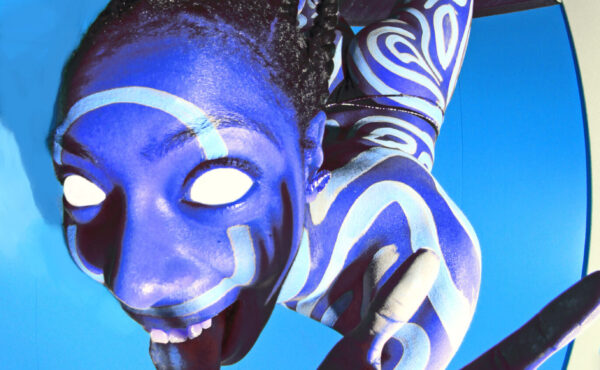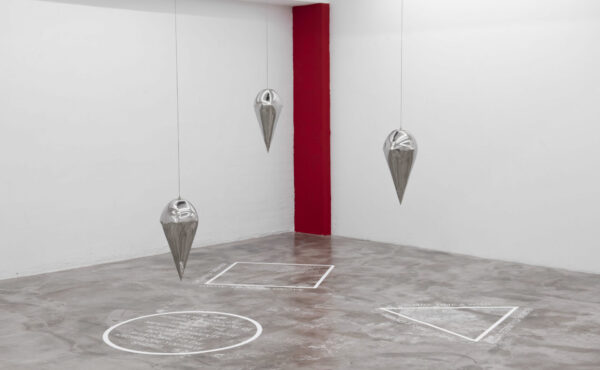
Happy Birthday Tate Modern A celebration with No Soul for Sale

It was the weekend of artists’ initiative festivals. While Amsterdam’s Art Pie is mostly focussing on Dutch contributions, No Soul For Sale in London brought together a more international crowd. ‘A pop-up village in a dogville like setting’.
For its 10th anniversary Tate Modern hosted in its Turbine Hall No Soul for Sale – A Festival of Independents conceived by Cecilia Alemani, Maurizio Cattelan and Massimiliano Gioni. The 3-day festival brought together more then 70 non-for profit organisations, art collectives, independent spaces and publishing houses coming from Rio de Janeiro, Paris, New York, Los Angeles, Marfa, london, etc.

In the evenings concerts were organised with contributions by Skin Jobs, Long Meg, Thurston Moore (view the concert here), Cosey Fanni Tutti, Martin Creed and his band and many more ranging from conceptual punk-rock, noize and other arty interventions to the performing of the history of Western Civilization by Jeffrey Lewis. During the day the stage was offered for half an hour slots to the different independent spaces who organised readings, performances, talks and other events.

‘A pop-up village in a dogville like setting’, the organisors announced, ‘will reflect the varied global practice of non-for profit organisations and collectives.’
One organisation was bordering the next only seperated by red tape, a grid that devided the Turbine Hall in ‘democratic’ parcels, without any walls to protect the works or to create a moment of contemplation. It was set up to negate the looks and mood of an art fair, where competition rather then interest is the main drive.
Though what seemed to be clean and ordered on paper in reality was a mess of interventions evoking the feeling of a chanty town. The caleidoscope of varied practices were unified into one big installation where posters, artworks, information and performances blend together.


The approaches of the different organisations varied – some made sure their presence was manifest, Via Farini for example shipped a massive installation room by Flavio Favelli hosting the works of various Italian artists from Italy to London or Kling & Bang, who attached white ribbons to the ceiling of Tate’s turbine hall with the local currency at the bottom creating a huge vertical room. Other organisations developed projects and exhibitions as an extension of their practice such as 220 days with the exhibition 25 Square Meters (per second) or The Spirit of the hive showing souvenirs by artists such as Isabelle Cornaro, Bruno Persat and Raphaël Zarka or Peep-hole who presented a solo-installation by Marianna Castillo Deball. Publishing houses presented their publications and other organisations tried to engage with the invitation in a ‘critical’ manner by offering a service such as cutting hair or by creating a fake experience by building a pub that didn’t sell beer, by publishing a fanzine that directly asks the question to what independent means. These latter projects were rather immediately incorporated in the overall festival mood and as such less effective.

No Soul for Sale is without doubt a problematic constellation, the artists and the organisations didn’t receive any budget to built up there contribution (see the letter that was posted on this website in the ‘fresh signals’-section earlier this week) and the circumstances in which they operated were rather harsch. An artist made the remark “even how serious and interesting the various organisations might be in this situation they end up fullfilling the role of ‘constant happy making machines’.” Something that sounds familliar in the criticism on most projects hosted in Tate Modern’s Turbine Hall.
Though what No Soul For Sale did offer was an opportunity for organisations disperced all over the world to physically meet and develop an exchange, for the public the festival showed a variety of organisation active in shaping the production and reception of art.
Pieternel Vermoortel lives in London and is one of the initiators of FormContent, a curatorial project space in London’s East End.
Pieternel Vermoortel


